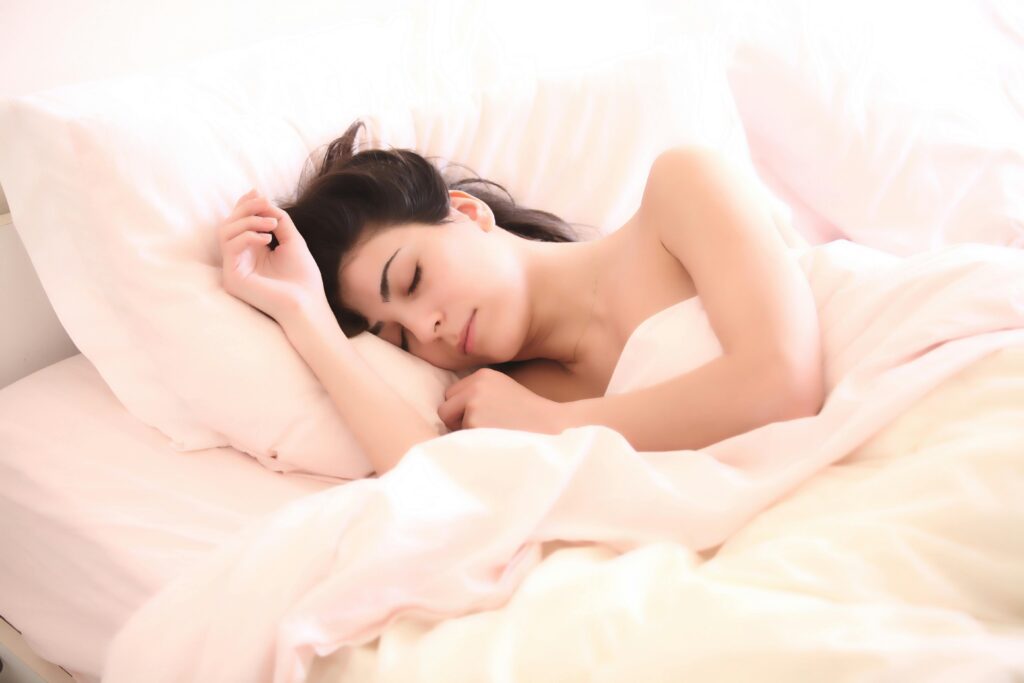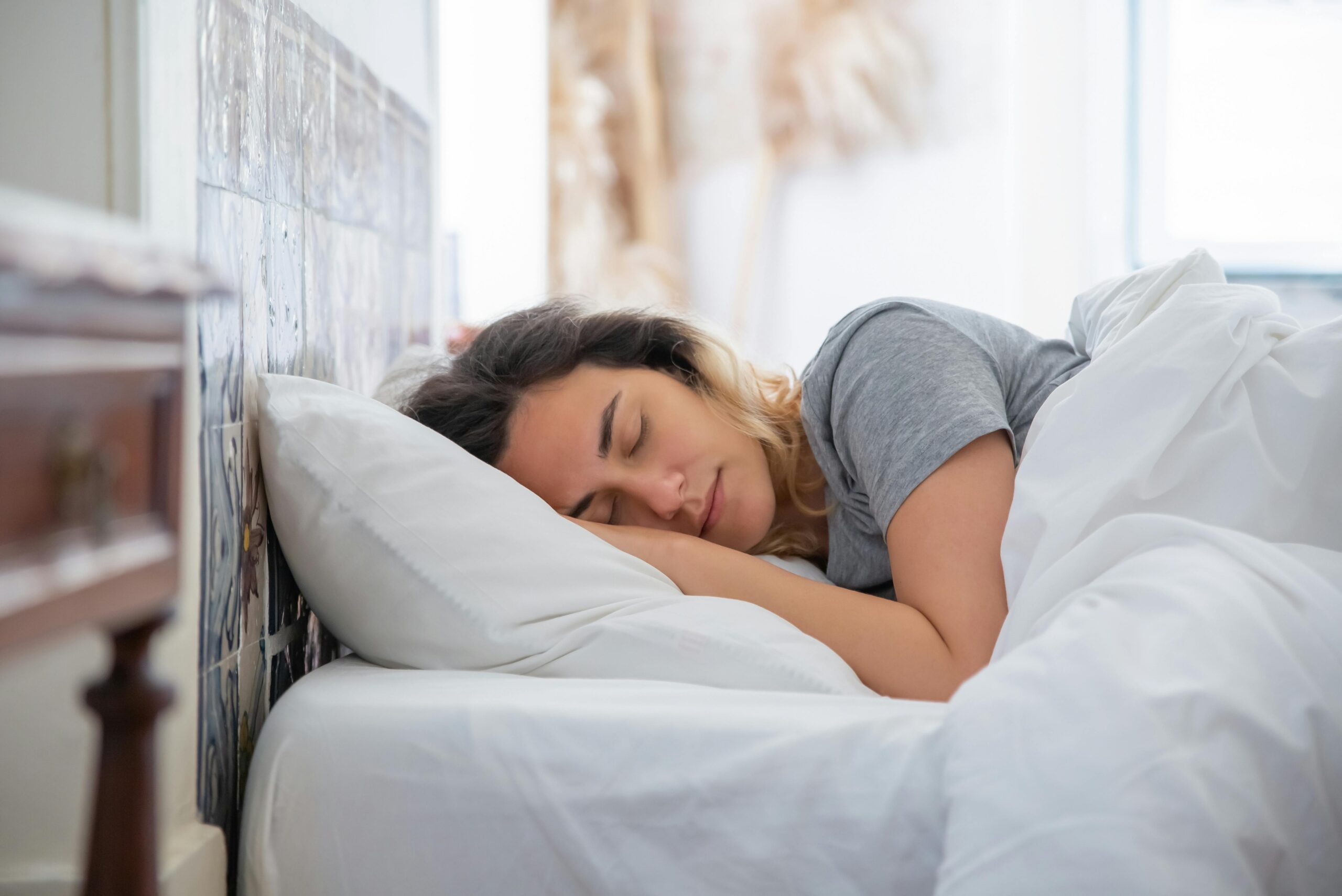Sleep Hygiene Tips for Adults: Improve Your Sleep Quality Naturally
In today’s fast-paced world, getting a good night’s sleep can feel like an impossible task. However, practicing good sleep hygiene can make a world of difference. Sleep hygiene refers to habits and practices that help you achieve quality sleep and maintain a consistent sleep schedule. In this blog, we’ll explore actionable sleep hygiene tips for adults to help you wake up feeling refreshed and energized.
What is Sleep Hygiene?
Sleep hygiene is a set of habits and routines that promote better sleep. It includes creating a sleep-friendly environment, adopting healthy bedtime habits, and avoiding behaviors that disrupt sleep. By focusing on sleep hygiene, you can improve your sleep quality, boost your energy levels, and enhance your overall well-being.
Why is Sleep Hygiene Important for Adults?
Poor sleep can lead to a host of health issues, including fatigue, weakened immunity, and even chronic conditions like heart disease and diabetes. Practicing good sleep hygiene helps:
- Regulate your sleep-wake cycle
- Improve mental clarity and focus
- Reduce stress and anxiety
- Enhance physical and emotional health
Top Sleep Hygiene Tips for Adults

1. Stick to a Consistent Sleep Schedule
One of the most important sleep hygiene tips for adults is to go to bed and wake up at the same time every day, even on weekends. This help in regulating your body’s internal clock, making it easier to fall asleep and wake up naturally.
- Tip: Set a bedtime alarm to remind yourself when it’s time to wind down.
2. Create a Relaxing Bedtime Routine
A calming bedtime routine signals to your body that it’s time to sleep. Incorporate activities like reading, meditating, or taking a warm bath to help you unwind.
- Tip: Avoid stimulating activities like watching TV or using your phone at least 30 minutes before bed.
3. Optimize Your Sleep Environment
Your bedroom should be a sanctuary for sleep. Focus on creating a comfortable and relaxing environment:
- Keep it cool: The ideal room temperature for sleep is between 60-67°F (15-19°C).
- Reduce noise: Use earplugs or a white noise machine to block out disturbances.
- Darken the room: Invest in blackout curtains or an eye mask to eliminate light.
4. Limit Exposure to Screens Before Bed
The blue light emitted by phones, tablets, and computers interfere with your body’s production of melatonin, the hormone that regulates sleep. To improve your sleep hygiene, kindly avoid screens at least an hour before bed.
- Tip: Use blue light filters or “night mode” on your devices if you must use them in the evening.
5. Watch What You Eat and Drink
Your diet plays a important role in your sleep quality. Kindly Avoid heavy meals, caffeine, and alcohol close to bedtime, as they can disrupt your sleep.
- Tip: Opt for a light snack like a banana or a small handful of nuts if you’re hungry before bed.
6. Get Regular Exercise
Regular physical activity helps you alot to fall asleep faster and enjoy deeper sleep. However, avoid vigorous exercise in time close to bedtime, as it may have the opposite effect.
- Tip: Aim for at least 30 minutes of moderate exercise, such as walking or yoga, most days of the week.
7. Manage Stress and Anxiety
Stress and anxiety are common causese of poor sleep. Practice relaxation techniques like deep breathing, meditation, or journaling to calm your mind before bed.
- Tip: Try the 4-7-8 breathing technique: Inhale for 4 seconds, hold for 7 seconds, and exhale for 8 seconds.
8. Avoid Long Naps During the Day

While short naps can be refreshing, long or irregular naps during the day can interfere with your nighttime sleep.You need to nap, limit it to 20-30 minutes.
- Tip: Schedule naps earlier in the day to avoid disrupting your sleep schedule.
9. Invest in a Comfortable Mattress and Pillows
Your sleep environment plays a crucial role in your sleep hygiene. A comfortable mattress and pillows that support your sleeping position can make a significant difference in your sleep quality.
- Tip: Replace your mattress every 7-10 years and choose pillows that align with your sleeping style (side, back, or stomach).
10. Seek Professional Help if Needed
If you’ve tried these sleep hygiene tips for adults and still struggle with sleep, it may be time to consult a healthcare professional. Conditions like insomnia, sleep apnea, or restless leg syndrome may require specialized treatment.
FAQs About Sleep Hygiene
What are the Major signs of poor sleep hygiene?
- Difficulty falling or staying asleep
- Waking up feeling tired
- Relying on caffeine to stay awake
- Frequent nighttime awakenings
How long does it take to improve sleep hygiene?
Improving sleep hygiene is a gradual process. Most people notice improvements within a few weeks of consistently following these tips.
Can sleep hygiene help with insomnia?
Yes, practicing good sleep hygiene can significantly improve symptoms of insomnia. However, chronic insomnia may require additional treatment.
Conclusion
Improving your sleep hygiene is one of the most effective ways to enhance your sleep quality and overall health. By following these sleep hygiene tips for adults, you can create a bedtime routine that works for you and wake up feeling refreshed and ready to tackle the day. Remember, consistency is key—stick to your new habits, and you’ll soon reap the benefits of better sleep.





